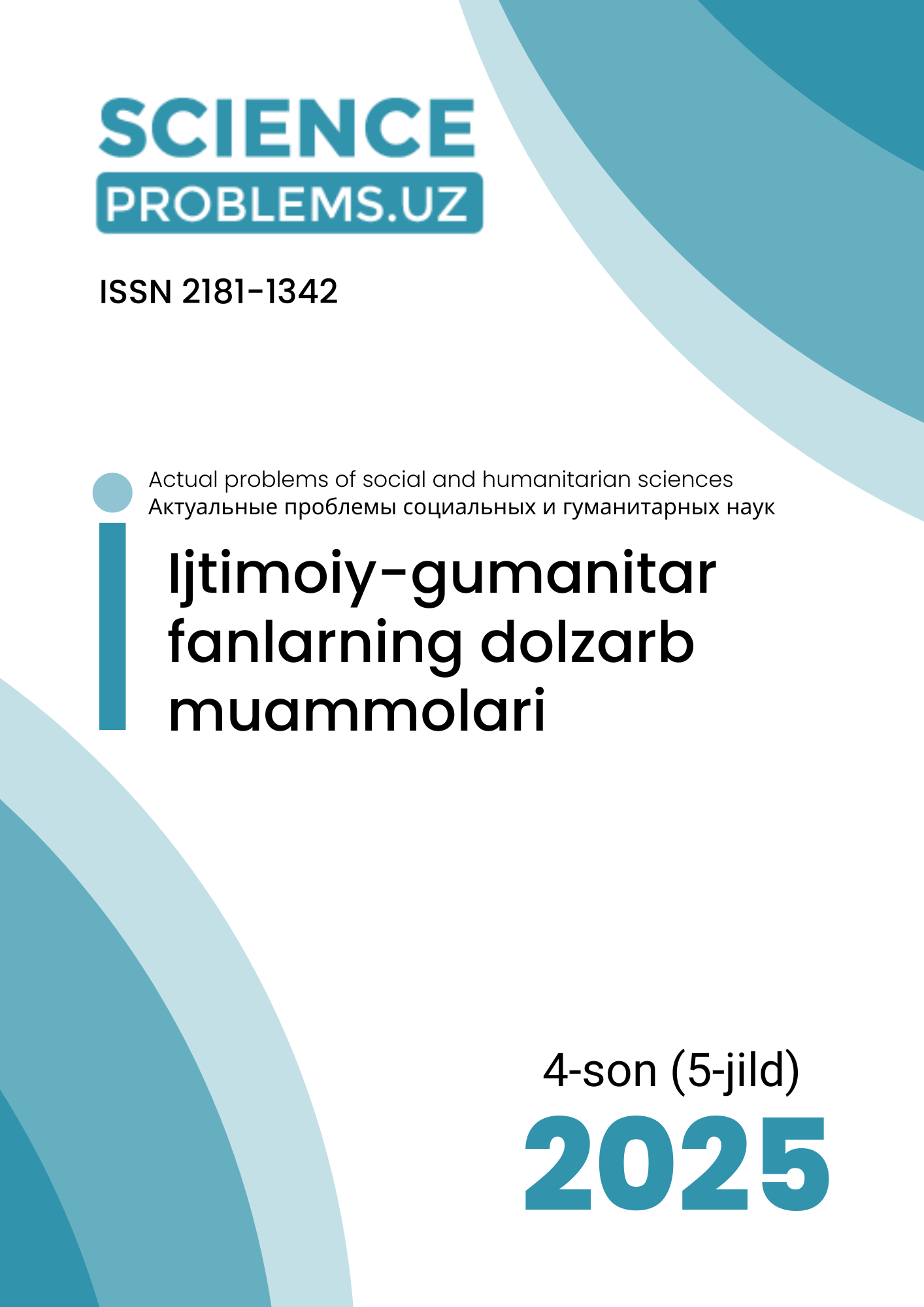KNOWLEDGE OF LOGIC AS A CONDITION FOR FORMING A CULTURE OF THINKING IN AN INFORMATION SOCIETY
DOI:
https://doi.org/10.47390/SPR1342V5I4Y2025N26Keywords:
Information society, digitalization, culture of thinking, logic, critical thinking, education.Abstract
The article examines issues related to the formation of a culture of thinking in the information society, with the development of the ability to work with information as a necessary condition for the information culture of a modern person. Particular attention is paid to the role of logic in the development of logical thinking, which is in demand in various types of professional activity. The influence of logic on the formation of critical thinking as the basis of cognitive activity; improvement of teaching methods focused on the formation of self-education skills; optimization of cognitive procedures and development of the ability to think correctly as conditions for achieving objective (true) knowledge and making the most effective decisions is analyzed.
References
1. Кириллов В. И., Старченко А. А.Логика: учебник для юридических вузов / под ред. проф. В. И. Кириллова. - Изд. 6-е, перераб. и доп. - М.: ТК Велби, Изд-во Проспект, 2008. - 240 с., с.6]
2. Клини С. К. Математическая логика. Л., 1973. С. 79.]
Веревичев, И. И. Курс лекций по логике: учебное пособие / И. И. Веревичев. –Ульяновск: УлГТУ, 2013. – 228 с., с.6.]
3. Вестник санкт-петербургского университета Сер. 6 Вып. 1 Логические средства анализа естественного языка
4. Ю. Ю. Черноскутов Язык и предмет логики в британской логической традиции xix века*
5. Ю.Ю. Черноскутов. Язык и предмет логики в Британской логической традиции ХХ в. // Вестник Санкт-Петербургского университета Сер.6 Вып.1 Логические средства естественного языка








